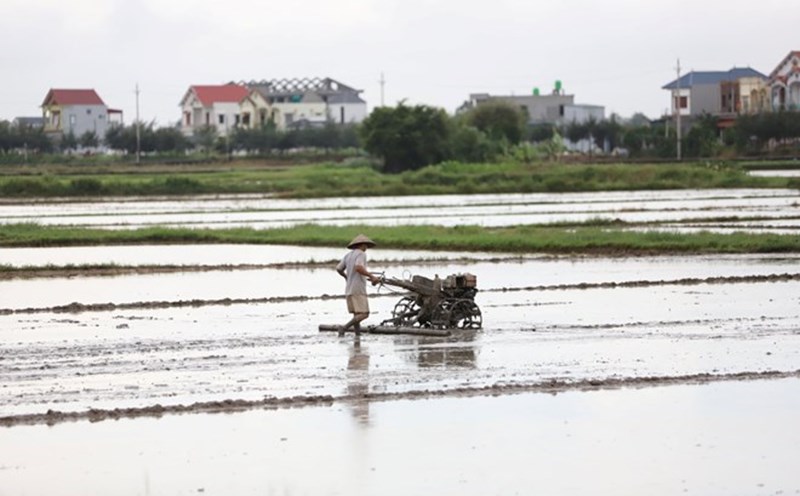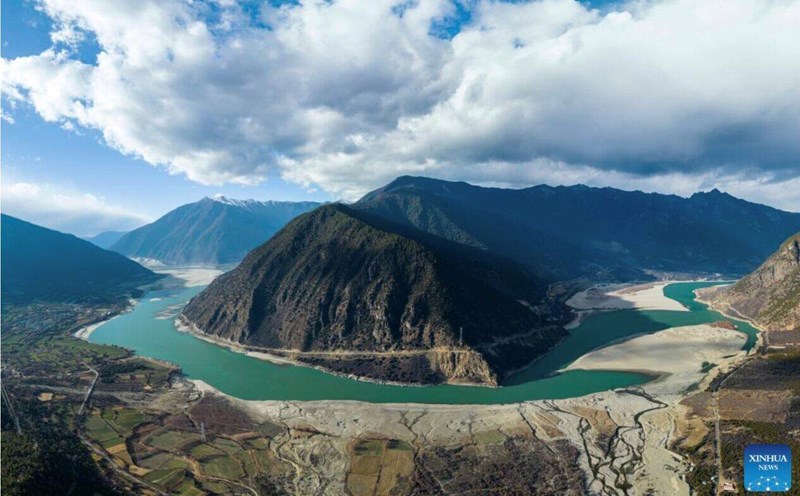
No need to change land use purpose
According to Clause 1, Article 218 of the 2024 Land Law: " Households, individuals, organizations, and communities are allowed to use agricultural land to combine agricultural production with non-agricultural production and business without losing the main purpose of agricultural land, and do not have to carry out procedures for changing the purpose of land use".
This is a big change compared to the previous regulation, which required people to carry out procedures to change the purpose when they wanted to use agricultural land for other activities.
Now, as long as the main purpose of agricultural production is maintained, land users can combine other models such as growing medicinal plants, making homestays, building warehouses for agricultural products, greenhouses, processing workshops, etc.
Encourage creativity, increase land use value
This regulation creates conditions for people to promote initiatives and optimize land use efficiency. Instead of just growing crops, a farming household can combine the garden - pond - barn - experience tourism model, open a garden cafe on the farm, make on-site OCOP products... This both increases income, preserves green space and rural culture.
However, also Clause 1, Article 218, the Law clearly stipulates: "Land use must comply with the planning and land use plan approved by a competent state agency, ensuring economical, efficient land use, environmental protection and not affecting the legitimate rights and interests of other land users".
This requires multi-purpose models to be linked to general planning, have appropriate designs, do not illegally build solid works or cause environmental pollution. Land management agencies at all levels will have to strengthen guidance, inspection and handling if there are violations.
Allowing the use of multi-purpose agricultural land without conversion is a flexible step, demonstrating the vision of developing integrated agriculture and a sustainable rural economy.
For this policy to be effectively implemented, it is necessary to have close coordination between people, local authorities and planning management agencies. At that time, agricultural land will not only be a means of production, but also become the foundation for creative, modern and unique economic models.











